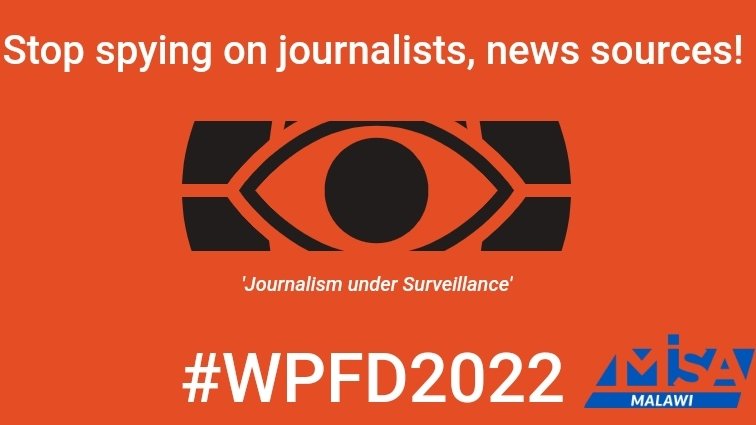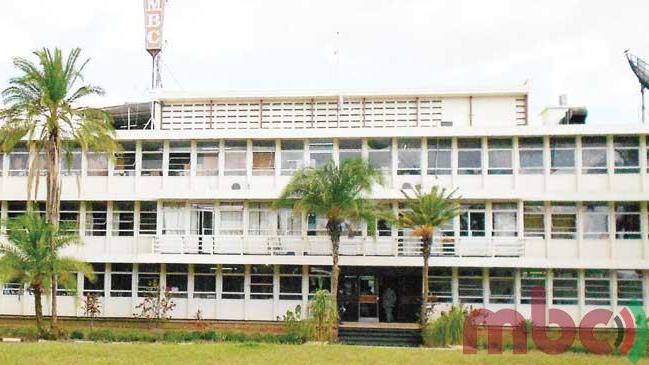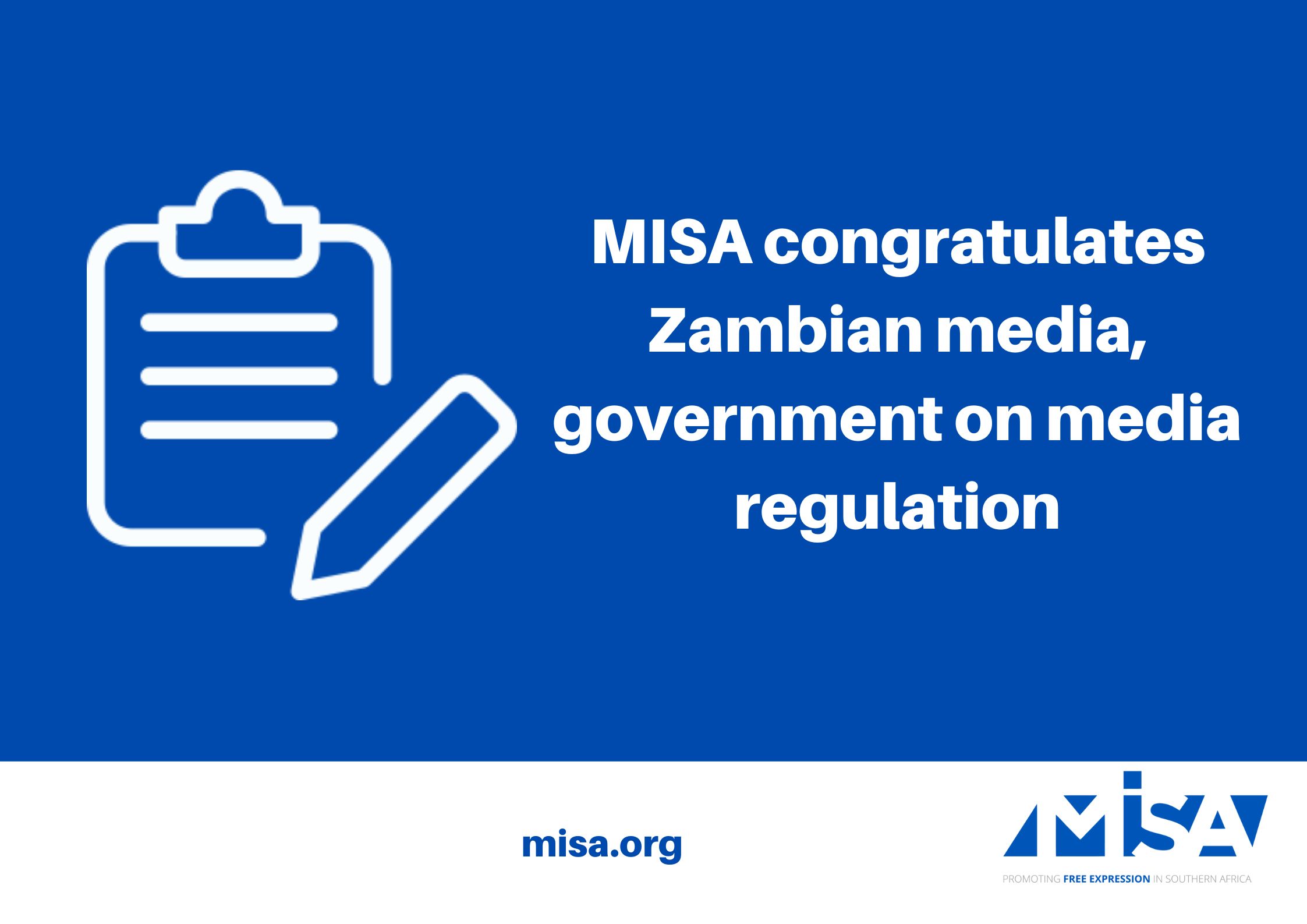MISA Malawi joins the rest of the world in commemorating 2022 World Press Freedom Day (WPFD) with a call for Malawi government to stop keeping journalists and their sources under online or offline surveillance.
The world is celebrating the 2022 WPFD under the theme ‘Journalism under Digital Siege’ to cast a spotlight on the impact of digital-inspired surveillance on journalism and the challenges that such surveillance poses on the right to privacy of journalists and their sources.
MISA Malawi notes with concern that ‘unwanted witnesses’ have emerged to spy on journalists and their sources, raising safety, trust, and privacy concerns.
The recent arrest of journalist Gregory Gondwe exposed how the State agents are using force and phone call logs to monitor who journalists are communicating with, posing threats to media freedom and whistle blower protection.
We are even more concerned that the apparent state surveillance on journalists and people they are communicating with is happening in the absence of a data protection law, while on the other hand, state and non-state actors are collecting citizens’ personal data.
In recent years, government agencies such as the National Registration Bureau (NRB), Malawi Communications Regulatory Authority (MACRA) and telecommunications companies have done mandatory personal data collection, but Malawians do not know how that data is being processed and used.
Sadly, the laws and systems that the Malawi government is excitedly putting in place and strictly enforcing, including Electronic Transactions and Cyber Security Act of 2016, are just implemented to track and arrest internet users and not necessarily protecting them from surveillance.
The abuse of laws and systems by state agents and other actors to spy on journalists and their sources is not only a threat to the right to privacy that the Malawi Constitution guarantees but erodes whistle blowers and public trust in the media.
We have also noted with concern that the Malawi Police Service is abusing the regulatory framework for digital platforms, a development that is reducing the space for freedom of expression, the very engine of media freedom.
MISA Malawi believes that the internet should be open and free but secure from unnecessary state and non-state actors’ intrusion and sniffing in the private communication of users.
As we await a democratically formulated Data Protection law, we appeal to the government and non-state actors to stop snooping on phone and internet users as that is a violation of the right to privacy.
Section 21 of the Malawi Constitution provides that every person shall have the right to personal privacy, which shall include the right not to be subject to (a) searches of his or her person, home or property; (b) the seizure of private possessions; or (c) interference with private communications, including mail and all forms of telecommunications.
We also call for transparency and accountability on how the government and non-state actors are using the data that they are collecting from the citizens in the name of national registration and identification system and phone SIM Card registration.
Media contacts
MISA Malawi Chairperson Teresa Ndanga
Cell: +265 999 247 911 or email teresa.temweka@gmail.com
MISA Malawi National Director Aubrey Chikungwa
Cell: +265 999 327 311 or email info@misamalawi.org









